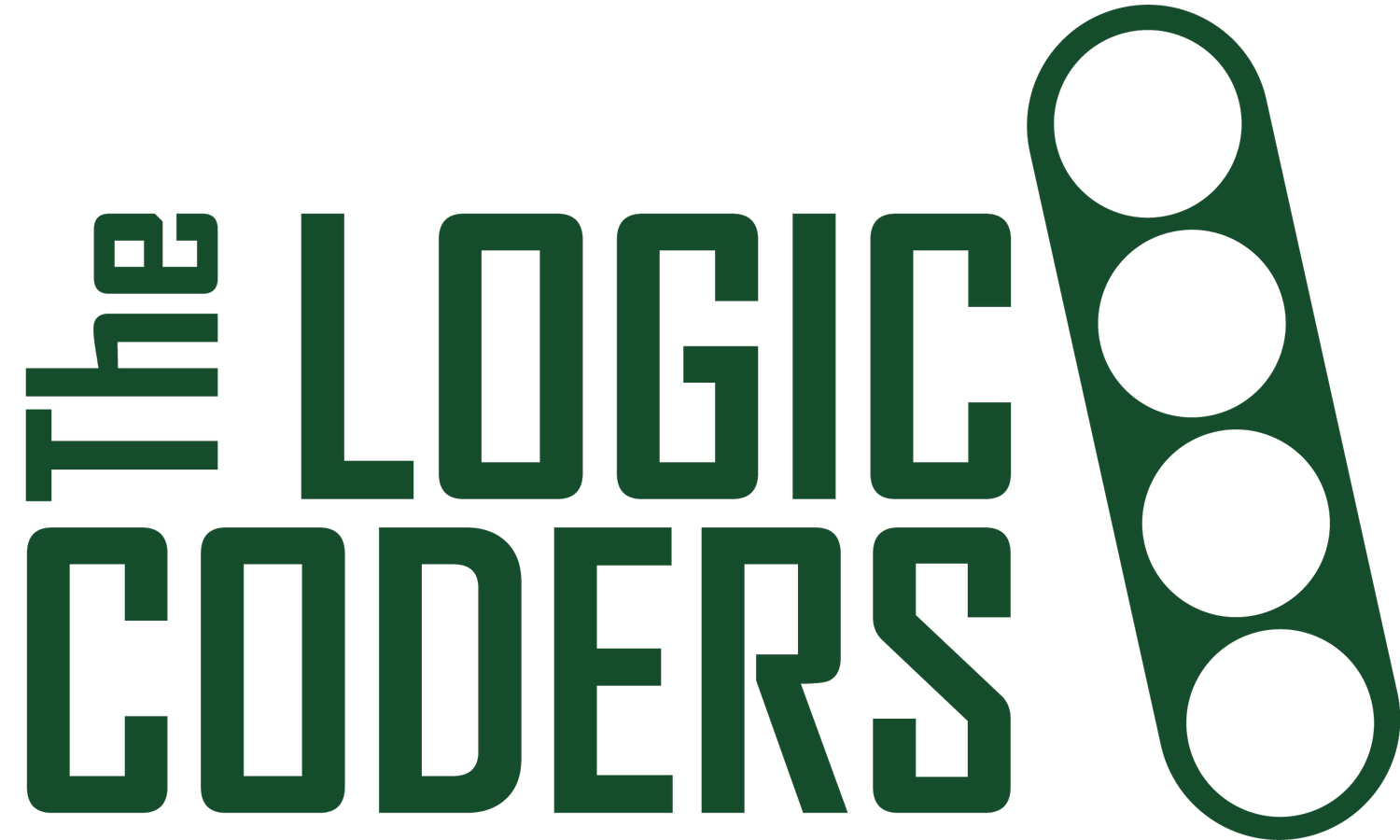How should schools teach coding? According to OECD's education chief
With reference to the article by Andreas Schleicher, Director for Education and Skills and Special Advisor to the Secretary-General at the Organisation for Economic Co-operation and Development (OECD) in Paris.
Teaching the 'essence' rather than the 'mechanics of the moment'
Andreas questions why current math education dedicates so much time to learning trigonometry. He argues that trigonometry is not a foundation for mathematical thinking or reasoning but rather a specific application of mathematics. An application that was used generations ago by many to measure the size of their farmland but holds much less widespread relevance today outside of engineering fields.
Learning trigonometry to Andreas is an example of teaching a 'mechanics of the moment' which could become obsolete in the future. In the context of coding, this refers to learning a coding language such as Python (which is popular today) or Fortran (which was once popular).
The 'essence' that Andreas refers to is the computational thinking that can be used to shape the technologies and solutions of tomorrow, for problems that do not yet exist today. This should be what education is about.
Curricula Design: There is a serious risk of obsolesce if teaching a coding language becomes the end
Schools need to think systematically about what is to be achieved through curricula design.
Twenty-first-century curricula need to be characterized by:
Rigor - building what is being taught on a high level of cognitive demand
Focus - prioritizing depth over breadth of content to promote conceptual understanding
Coherence - sequencing instruction based on a scientific understanding of learning progressions
Interdisciplinary Learning - analyse problems through multiple lenses
Curricula has to be designed to:
Help students address unknown future problems
Prioritize knowledge that can be learned in one context and applied to others
Frame learning in relevant and realistic contexts, and help teachers use approaches that are thematic, problem-based, and project-based
These are the principles against which we should assess any proposals to teach coding according to OECD's Director for Education and Skills and Special Advisor to the Secretary-General.

